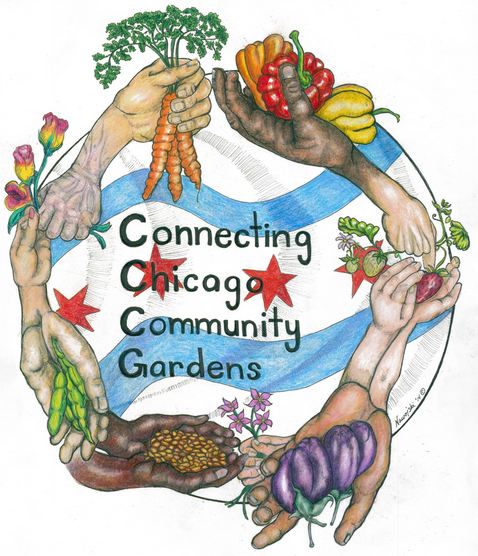CCCG 2014 – Program and Workshops
Click here to register for CCCG 2014!

Featured Events
- Seed Swap
Bring saved seeds from your garden or leftover seed packets from last year to share and swap. All gardeners are welcome – you don’t have to bring seeds to take any! There will be seed-cleaning demos from experienced seed savers, and individuals and organizations dedicated to seed saving to talk about their projects and how to get involved. - Garden Consignment Shop
You’ll have the opportunity to buy locally-grown preserves, jams, jellies, hot sauces, honey, medicinal teas and tinctures, organic soaps and body care products, and wood and resin jewellery featuring foraged plant life. - Keynote Speaker
DANIEL TUCKER works as an artist, writer and organizer developing documentaries, publications and events inspired by his interest in social movements and the people and places from which they emerge. Tucker recently earned an MFA from University of Illinois at Chicago and has been teaching a series of adult education seminars on Chicago Political Art based on his collaborative research for the publication AREA Chicago (which he edited from 2005-2010) and the oral history and archive project Never-The-Same.org. In 2010 he co-authored the book “Farm Together Now: A portrait of people, places and ideas for a new food movement” (Chronicle Books, 2010) which was picked by Michael Pollan as his favorite food book of that year on grist.org. He is presently at work editing a new book on the intersections of ecology, ethics and art entitled “Immersive Life Practices” and completing a documentary on the founder of an early 1970s urban agriculture organization known as Community Technology. miscprojects.com
Workshops
- From Lake to Lunch: Urban Gardening’s Place in the Regional Water Cycle
The Gary/Chicago/Milwaukee metropolitan region encompasses two major continental-scale watersheds containing one of the largest freshwater resources on the planet. Despite centuries of abuse, these systems continue to provide clean and fresh water for millions of Americans and Canadians. This seemingly endless source of fresh water is threatened, however, by accelerating climatic changes at a global scale. Understanding one’s place in the landscape, particularly as it relates to water resources is an essential first step towards preparing for and mitigating changes brought about by increasing pollution. Dr. Zaber will discuss the role of gardening in that cycle from a food and biological security perspective and will provide ideas on how to manage properties in ways that increase resilience and protects productivity. - White Rock Gleaning Program: How Community Gardens Can Make the Most of their Harvest
This workshop will share the history and the importance of gleaning programs. You will hear from gardeners about how they harvest produce for donation and how they formed partnerships with food pantries or hot meal programs. You will walk away with an understanding on how your community garden can start or join a gleaning program. - Gardening through the Polar Vortex: Season Extension Techniques for Community Gardening
It may have been an unusually cold winter, but that doesn’t mean you can’t get started early this growing season! At this workshop you will learn how to have a four season harvest so you can enjoy fresh produce year round! - Compost Chicago
Come learn about composting in Chicago. Share your experiences with other Chicago gardeners. Master Gardener and Composter Carolyn Johnson will lead a workshop covering the basics of outdoor and indoor composting in the city. We’ll talk about soil chemistry, micro- and macro decomposers, types of compost bins to build or use in Chicago. Meet some red wiggler worms and see if vermicomposting is for you. - Edible Perennials
Almost any food garden can include crops that live from year to year. We will cover such garden standbys as rhubarb, strawberries, many herbs, asparagus, berries, and fruit trees. Learn about space, light, and soil requirements for these crops, and also how to propagate and increase your stock.
